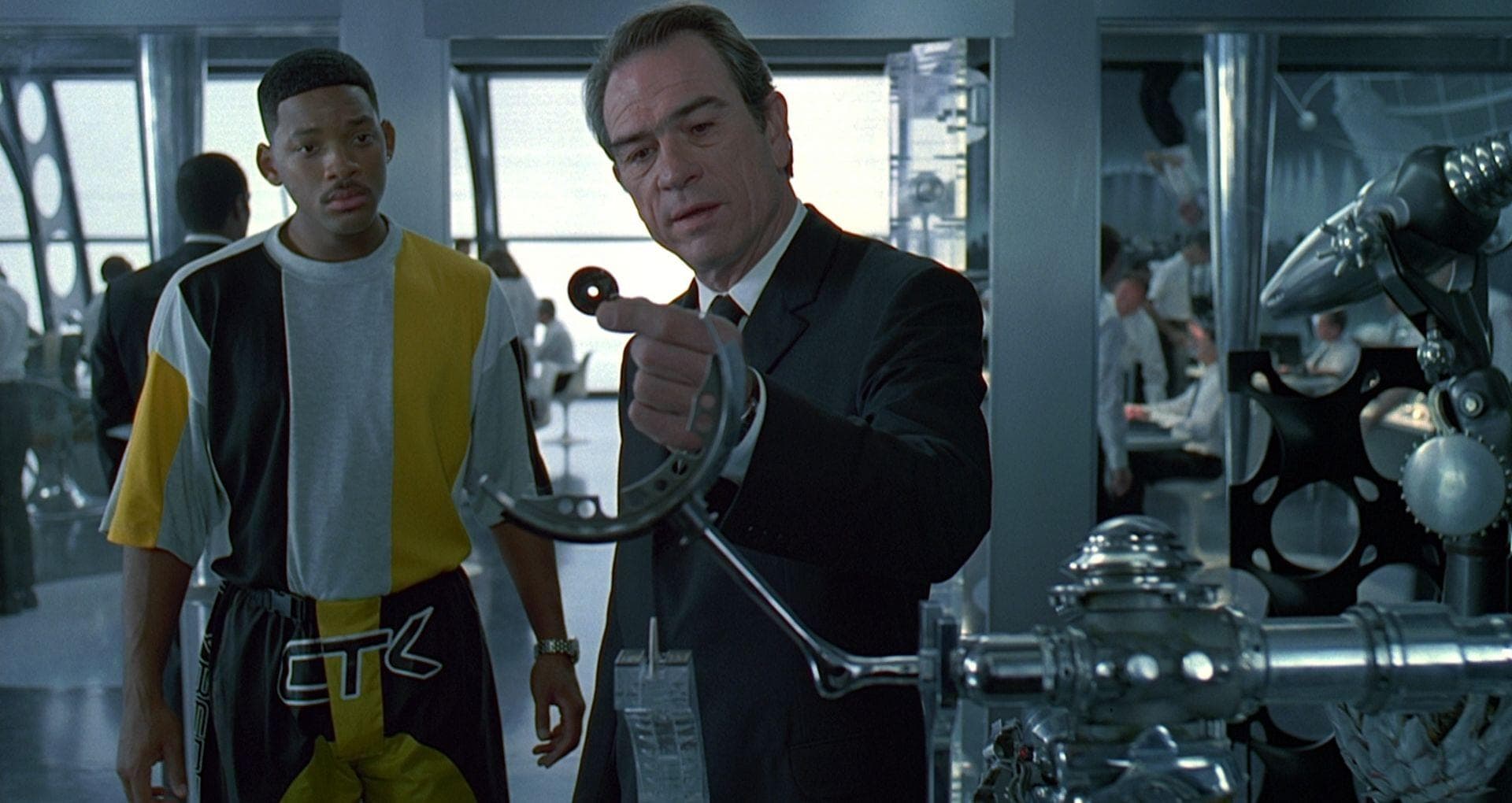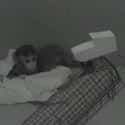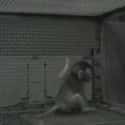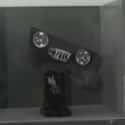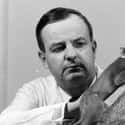(#11) Harlow And His Team Were Unprepared For The Experiment's Results
Harlow and his team predicted that the comforting qualities of the cloth mother would be important in their experiments and would play a large role in the monkeys' behavior. However, Harlow noted,
"We were unprepared to find that it completely overwhelmed and overshadowed all other variables, including those of nursing."
When it came to a choice between wire and cloth, it seems obvious that a primate would choose the more comfortable mother as a source of solace. Harlow noted that there was a strong connection between love and a feeling of security.
(#10) Monkeys Placed In Isolation Without A Mother For Several Months Were Psychologically Damaged For Life
Harlow performed other experiments in which he and his colleagues exposed the infant monkeys to long periods without a surrogate mother. Those who had no exposure to other infants or any surrogate mother within their first eight months were irreversibly damaged.
The psychologist determined that for baby monkeys, the adverse effects could be altered only if they were isolated for less than 90 days. He concluded the human equivalent would be six months.
(#6) Baby Monkeys Who Had Wire Surrogates Struggled To Cope In Threatening Situations
In another experiment, the infant monkeys from both groups were given the same amount of milk from their respective surrogate mothers, whether wire or terrycloth. Both groups of monkeys grew at the same rate physically. Their psychological growth, however, was different.
Those with terrycloth mothers who were put in stressful situations reacted normally and attached themselves to their mothers to gain reassurance. If they were scared, they would cuddle with their terrycloth mothers for comfort.
In contrast, monkeys raised by wire mesh mothers had problems coping with threatening situations. They would slam themselves onto the floor, scream, and attempt to sooth themselves by rocking back and forth. They did not seek out their wire mothers for comfort.
(#7) When A Scared Monkey Made Contact With His Cloth Mother, His Fear Dissipated
In his experiment, the monkeys were exposed to a scary machine that bobbed its head, waved its arms, gnashed its teeth, and made loud noises. These movements were "designed to frighten a monkey," Harlow explained.
When Harlow exposed a calm monkey to the apparatus, the primate screamed and immediately jumped onto the cloth mother, behaving in the same way that a human child might in a similar situation. The mother helped the monkey rid himself of fear.
"Contact with his mother changes his entire personality. Look, now he's actually threatening the diabolical object," Harlow pointed out. The monkey was bolstered by motherly contact.
(#5) One Baby Monkey Spent Up To 18 Hours A Day On The Cloth Mother And Less Than One Hour Feeding On The Wire One
Video from one of Harlow's experiments shows a baby monkey, dubbed 106, being released into a cage that features both a wire and terrycloth mother. The monkey first goes to the wire mother for milk and then hurries over to the terrycloth mother for comfort.
Harlow notes:
"He's back on the cloth mother, and he'll stay on the cloth mother. Actually, this baby spends 17 to 18 hours a day on the cloth mother and less than one hour a day on the wire mother."
(#1) Harlow's Monkey Love Experiments Proved The Importance Of Motherly Affection
American psychologist Harry F. Harlow set out to examine how rhesus monkeys behaved when separated from their mothers. He wanted to determine how instrumental maternal contact and companionship was to a young primate's development, both socially and mentally.
Harlow performed various experiments to see how the monkeys' attitudes and demeanor were affected when they were removed from their mothers and placed into isolating environments. He filmed their responses.
New Random Displays Display All By Ranking
About This Tool
Harry Harlow is an American psychologist in the 20th century. He is famous in the academic field for studying the love between the baby monkey and its mothers. In a series of experiments, he took the baby monkey away from the mother and raised it in an isolated environment. Monkeys that grew up in this environment did not have the ability to socialize normally, and some even died on hunger strikes after returning to the monkey group.
There is no doubt that the experiment is cruel, we can also feel the pain and loneliness of these baby monkeys due to the lack of love in Harry Harlow's scientifically rigorous texts. Here the random tool describes 12 details about the experiment.
Our data comes from Ranker, If you want to participate in the ranking of items displayed on this page, please click here.






